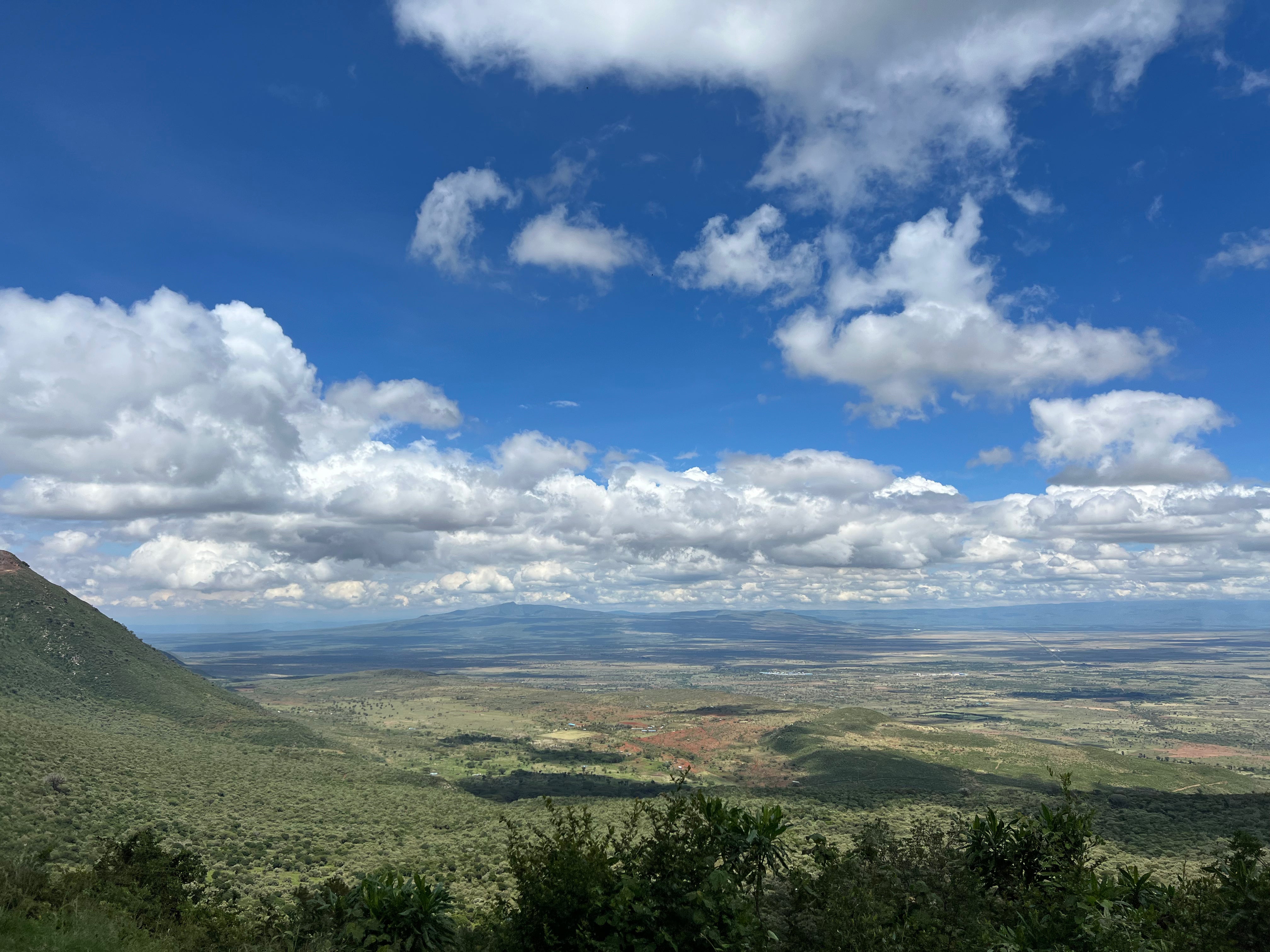
Why, well into adulthood, is it still so easy to remember those feelings of teenage insecurity? Working with teenagers in Kenya is like watching clouds on a windy day. They are so charged with the energy of their surroundings that they keep morphing and changing and imploding and we are just running on the ground trying to keep up with who they are at this exact hour.
When the Ajiri scholars, all of whom are teenagers, come to our small office, they come with trailing clouds of insecurity. Their hoods are up. Their pants are sagging. It is almost as if they have uniformly rehearsed the art of nonchalance. Only a teenager can be engrossed in a book, yet go about holding it as if they don’t care if it falls.
But, of course, this hood-up nonchalance is the greatest act of caring. And for our Ajiri-sponsored scholars, all of whom are orphans, the not-caring attitude is their armor. Because to want something and to be disappointed can feel worse than just accepting that you never deserved it in the first place.
This week our scholars headed back to school with their hoods off and their journals full of musings and scribbled goals. Over the past two months our scholars have been on school break, and came to our small office nearly every day for enrichment programs and lunch. The focus of December was on local careers. They met with a mechanic, a social worker, a nurse, a journalist, and a grocery store manager. They visited a tea factory, a local radio station, and a water treatment plant.
You never know what exactly will stick with a kid, and I still am not sure why the scholars all loved spending the afternoon with Beatrice, the manager of a supermarket. But in their e-mails, the scholars all enthusiastically described how she told them to pick the bread from the back of the shelf, to shop around the back edges of the grocery store. She warned them that the products in the front of the store are there to tempt you. You should make a list and check the unit price. The thing is, most of our scholars had never been in a supermarket. They don’t buy bread. They don’t buy vegetables in the store.
But Beatrice spoke to them with such candor and respect. She believed that they needed to know this information and that they would grow up to shop in a grocery store. The engineer at the water treatment plant told our kids to work hard in math. The accountant at the tea factory told our scholars to go to university. But Beatrice told our kids about fresh bread and unit prices and in turn told our kids that they are someone and that they are going to be someone.
Life seems more clear when you categorize. The vegetable section. The terrible twos. The angsty teenagers. If we can’t make sense of things, categorize things, well where does that leave us and who we are in this world?
If you still haven’t found yourself or are wondering who you are in 2025, let me tell you that you are important. Your purchases and your donations are important. It all adds up. It creates this community in Kenya where teenagers are given a safe environment to grow. Our students now bravely want more despite knowing they might be disappointed.
To the validity of dreams and the clouds of angst that may always accompany them.
Happy 2025!
Kate, Sara, Regina, Ann, and Difna

Comments will be approved before showing up.

At Ajiri, we feel so lucky to be on this earth at the same time as all of you. Your purchase of tea holds a lot of that elusive power of art. Sure, your purchase is the transference of physical money that goes to support women and children. But your purchases of tea, time and time again, transfers this feeling of belief. You believe in these women. You believe in these kids. You believe that the world can be a better place.

People in the U.S. like to lament that there is no “village” anymore when raising children. But here’s the thing, Thomas was born without a village to support him. We made that village. You are that village. Every box of tea, every donation, gave Thomas the love and structure and opportunities to grow.
We will continue to share our good fortunes with others. We will continue to run Ajiri Tea throughout this tariff madness. We will continue to run Ajiri until we can’t. Running Ajiri is a type of protest in this constricting capitalist world. If to grieve means to have loved, then to protest means to hope.
Kate Holby
Author